Julian the Apostate: A Reign of Reform and Controversy
The rocky landscape of Roman history is dotted with towering figures whose reigns are marked not only by political acumen but also by ideological battles. Among these is Julian the Apostate, a ruler whose attempts to restore paganism in an increasingly Christian world have left an indelible mark on history. Born Flavius Claudius Julianus in 331 AD, his story intertwines deeply with the religious and socio-political threads of the late Roman Empire.
The Early Life of Julian
Julian was born into the Constantinian dynasty, the son of Julius Constantius and Basilina. His upbringing was marred by tragedy; a vicious power struggle following the death of Constantine the Great led to the massacre of many of Julian’s close relatives. These events, combined with his strict education, laid the psychological foundation of a youth who would later grapple with the formidable legacy of his family.
Sent away from court, following his parents’ untimely demise, Julian was educated under the watchful eyes of Christian scholars. As he matured, he developed an indelible curiosity for classical philosophy, especially Neoplatonism, which sowed the early seeds of his later religious leanings. Embodying a keen intellect, Julian's exploration into philosophy helped shape a worldview distinct from the burgeoning Christian orthodoxy that dominated the Roman Empire.
The Rise to Power
The road to power was intricate and fraught with peril. Cousin to the reigning Emperor Constantius II, Julian remained in a state of enforced obscurity for much of his early life. It wasn't until the mid-350s that Constantius saw political value in his young cousin's potential, appointing Julian as Caesar of the West to command Roman forces against fraying frontiers.
Julian's military acumen quickly became apparent. His leadership was instrumental in securing victories against the Alemanni and Franks, allowing him to solidify civilian and military loyalty. With each triumph, Julian's moniker grew, sowing the seeds for his eventual rise to Augustus, the supreme title among the emperors, in 361 AD following Constantius II’s death.
The Apostate’s Religious Agenda
Upon ascending to the throne, Julian's reign was defined by rapid and often controversial reforms. Dubbed "the Apostate" by future historians, Julian famously attempted to restore the pagan religions of Rome and roll back the Christian influences introduced by his predecessors.
Julian believed in the rejuvenative power of Hellenistic traditions, with a vision for a cosmopolitan empire united by a common cultural and religious heritage. His vision extended beyond simply restoring past glories; he sought to re-establish the philosophical roots of classic paganism, fostering a revival grounded in learning and tradition.
One of Julian's key initiatives was the reinstatement of pagan worship's material and cultural aspects. He reopened temples, reignited traditional rituals, and, perhaps most controversially, banned Christians from teaching classical literature. Despite these efforts, Julian’s attempts were met with significant resistance. The grip of Christianity had tightened, and paganism was increasingly perceived as antiquated in the eyes of the growing Christian populace.
Challenges and Consequences
Julian's policies, while innovative, faced numerous obstacles. He inherited a Roman Empire fraught with internal tensions and external threats, including the ever-looming danger of the Persian Empire to the east. As he concentrated on revitalizing paganism, Julian's religious zeal often overshadowed pressing domestic and foreign policy issues, leading to administrative neglect and straining resources thin.
His reign, however, is also noteworthy for its attempts to streamline government practices. Julian endeavored to reduce the bureaucratic weight on the imperial administration, striving for a more ethical governance model. By rooting out corruption and advocating for civil service based on merit, Julian left a legacy as a pragmatic reformer even amidst his religious endeavors.
While Julian's religious pursuits were short-lived, his influence spans far beyond his brief rule. His philosophical writings, predominantly intended to counter Christian teachings, provide deep insight into his intellectual prowess and complex personality. These texts not only underscore his commitment to Hellenistic ideals but also portray him as a deeply contemplative ruler whose policies reflected a sincere, albeit arguably misguided, vision for the empire's future.
As the narrative of Julian's life unfolded, it revealed a ruler caught in a historical transition—a momentary champion of past traditions in a world steadfast in its march towards new ideologies. Though labeled as the "Apostate" posthumously, Julian's reign embodied a courageous, if quixotic, challenge to the empire's prevailing winds.
Military Campaigns and the Persian Expedition
Julian's reign was marked not only by religious upheaval but also by significant military endeavors. One of his most ambitious undertakings was the campaign against the Persian Empire, a formidable adversary that had long threatened Roman stability in the East. Embarking on the military expedition in March 363 AD, Julian sought to assert Rome's dominance and, perhaps more personally, to emulate the conquests of Alexander the Great, whom he admired.
Julian's strategy relied on rapid mobility and surprise, leading a well-prepared army deep into Persian territory. With approximately 65,000 troops, his forces represented a diverse cross-section of the Roman military might, drawing from different regions of the empire. Initial skirmishes were promising; the Roman army achieved early victories and managed to penetrate as far as the Persian capital, Ctesiphon. However, the distance from their supply lines and the scorching summer heat posed serious logistical challenges.
Despite the successes, Julian's campaign swiftly pivoted from offensive to defensive. The Persians, adept in guerilla warfare, harried the Romans relentlessly, employing attritional tactics to wear down the invaders. Compounded by inadequate intelligence and logistical oversights, the campaign began to stall. Julian, having chosen not to press on to capture Ctesiphon outright, opted for a retreat—an admission that the campaign's realization had fallen short of its ambitious aims.
The Mysterious Death of Julian
Julian's campaign against Persia not only marked the zenith of his military career but also its abrupt end. A turning point came during a retreat near the city of Samarra, where a skirmish ensued. It was in this chaotic encounter that Julian suffered a fatal wound. Accounts describe a javelin piercing his side, delivered either by a Persian soldier or, as some contemporaries speculated, by a disgruntled Christian within Julian's own ranks, though the latter remains both controversial and unproven.
The immediate aftermath of his injury was one marked by legendary stoicism. Even as he lay dying, Julian reportedly engaged in a final philosophical discourse with his commanders, casting himself as a tragic hero of the past rather than a savior for the future. On June 26, 363 AD, Julian the Apostate breathed his last, leaving behind a tumultuous legacy and a power vacuum that threatened to destabilize the empire.
Julian's death ended an era of active attempts to revert to Rome's pagan roots. This marked the cessation of paganism as a state-endorsed belief system, paving the way for the consolidation of Christianity as the predominant religion of the Roman Empire. The Antiochene emperor Jovian was quickly chosen as his successor, a ruler inclined to restore Christian primacy to the throne and negotiate peace with Persia, albeit at considerable territorial cost.
Legacy of Julian the Apostate
Julian's short reign left historians with a paradoxical legacy. On the one hand, he is remembered for an ambitious but ultimately failed campaign to reinstitute paganism, a mission that paved the way for religious discourse and reflection within the empire. On the other, his military strategizing against Persia, while initially displaying boldness and innovation, ended in tactical compromise and territorial losses.
Julian’s philosophical works, especially his treatise "Against the Galileans," sought to intellectually counteract Christianity's theological precepts, reflecting his deep ideological convictions. Through these writings, Julian criticized what he perceived as the moral and logical inconsistencies within Christian doctrine, advocating instead for a return to the philosophical values of antiquity. His corpus, while contentious, comes down to us as a testament to his erudition and the complexity of his beliefs.
In the broader historical context, Julian the Apostate represents the clash of cultural paradigms—the transition between pagan antiquity and a Christian empire heavily shaped by a singular religious narrative. Although his policies failed to revert the tide of Christianization, Julian remains an enigmatic figure of intellectual courage and philosophical exploration, compelling us to reconsider the multifaceted nature of leadership and reform.
Moreover, Julian's reign has inspired myriad interpretations in literature and modern historical analysis. His life and actions are reminders of the intricate, often blurred lines between conviction and governance, tradition and innovation. As historians continue to explore the multi-dimensional aspects of his tenure, Julian the Apostate occupies a unique niche—bridging the chasm between historical narratives and the inexorable drive for ideological legacy.
In essence, Julian's story is not just about an emperor's resistance against the status quo but a reflection on how personal belief can intersect with, and often complicate, the intricate machinery of statecraft. The ripples of his actions and the discourse they provoked underscore the enduring impact of an emperor who refused to conform to the epochal tides of change.
Historiographical Perspectives on Julian
Julian the Apostate's place in history is both complex and contested, shaped by the narratives of contemporary writers and later interpretations by historians. Through the lens of those who lived during his time and in the eras that followed, Julian emerges as a figure embodying conflict and transition.
Contemporary sources present a dichotomy in the perception of Julian. To pagan or secular historians like Ammianus Marcellinus, Julian was depicted as a philosopher-king, an enlightened ruler whose intellectual pursuits and military capabilities far outweighed his religious peculiarities. Marcellinus, chronicling the era in "Res Gestae," lauded Julian’s governance, military reforms, and educational policies, portraying a leader filled with integrity and purpose.
In contrast, Christian writers, such as Gregory of Nazianzus and Sozomen, often viewed Julian's apostasy as a deliberate betrayal, casting him as a cautionary tale within the broader narrative of Christian triumph. These accounts emphasize Julian's attempts to undermine Christianity, portraying him as a ruler whose reign was destined for failure due to divine disfavor. Their narratives, steeped in theological interpretation, underscored a providential motif that saw Julian’s death as the inevitable consequence of challenging the emergent Christian orthodoxy.
As centuries progressed, subsequent historiography further nuanced Julian’s portrayal. During the Renaissance, a period marked by the rediscovery of classical antiquity, scholars found renewed interest in Julian’s efforts to revive Hellenistic culture. He was seen as a tragic figure, an intellectual caught between eras, whose failure was attributed less to his policies and more to the epoch’s inexorable shift toward monotheistic domination.
Julian’s Influence on Later Religious and Political Thought
Despite the transient nature of his religious reforms, Julian's reign offered enduring lessons and reflections on religious toleration and the role of state in ecclesiastical affairs. His attempted synthesis of paganism and philosophy inadvertently highlighted the entrenched challenges of instituting religious pluralism within a diverse empire.
Julian's life and efforts have sparked discourse on the separation of church and state, an issue resonating well beyond the confines of ancient history. His reign invites us to question the balance of personal belief and public duty, revealing the intricacies of governance in a culturally heterogeneous environment. Julian’s insistence on meritocracy and philosophical grounding in governance showcased an early model for administrative reform detached from ecclesiastical influence, an idea that would echo through ages in various forms of secular governance.
Furthermore, Julian's writings continue to be studied in their philosophical rigor and socio-religious implications. They enable modern scholars to explore early Christian-pagan dialogues, enriching our understanding of the ideological battlefield of the fourth century. His critiques of Christianity, though polemic, provide insight into contemporary religious debates and the ways in which dialogue across belief systems can be conducted.
The Cultural Legacy of Julian the Apostate
Julian’s cultural footprint is not relegated solely to historical or scholarly pursuits but extends into the arts and literature. His story has served as fertile ground for novels, plays, and operas, a testament to the enduring fascination with his character.
In literature, Julian's story has been revisited and reimagined in countless works, including the notable novel "Julian" by Gore Vidal. This novel vividly brings to life Julian's world, painting a picture of an emperor torn between ancient philosophies and the encroaching Christian doctrine. The nuanced character study offers readers a glimpse into Julian's struggles, intellect, and the poignancy of his idealistic yet ultimately doomed ambitions.
Moreover, as a historical figure, Julian’s life symbolizes a broader cultural clash that embodies the transition from classical antiquity to the medieval period, making his story relatable to various cultural contexts. His narrative serves as a reminder of the human struggle to reconcile progress with tradition, demonstrating how leaders with divergent visions can profoundly influence the social and religious tapestries of their times.
In sum, Julian the Apostate remains a potent symbol in historical discourse, a figure whose life underscores the dynamic nature of ideological evolution. His complex legacy challenges us to reassess the notions of belief, governance, and identity, inviting continual reflection on the nuanced interplay of personal convictions and public roles. Through this contemplation, Julian endures, not only as a figure of the past but as a prism through which we can examine enduring questions of faith and leadership in an ever-changing world.
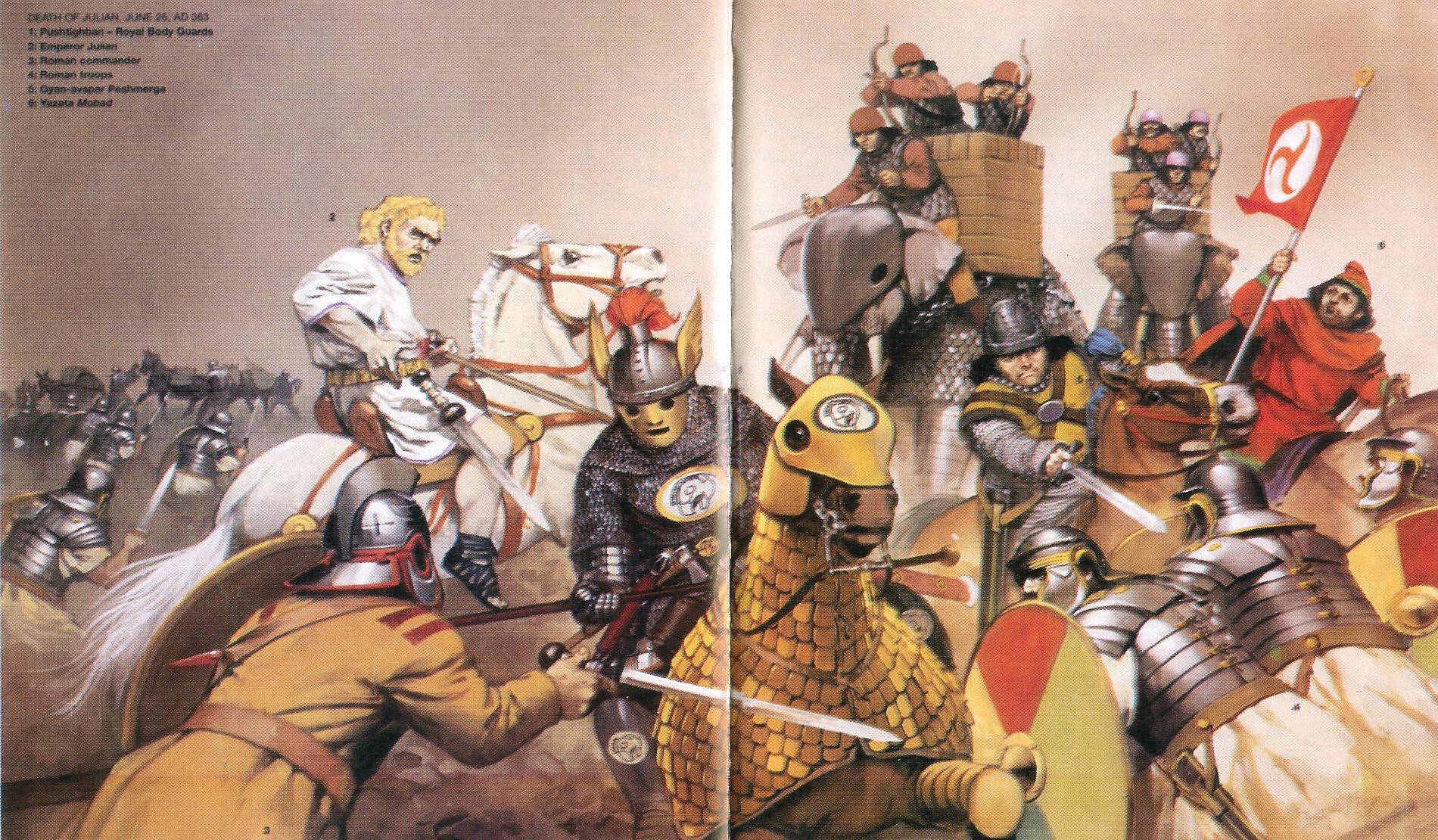

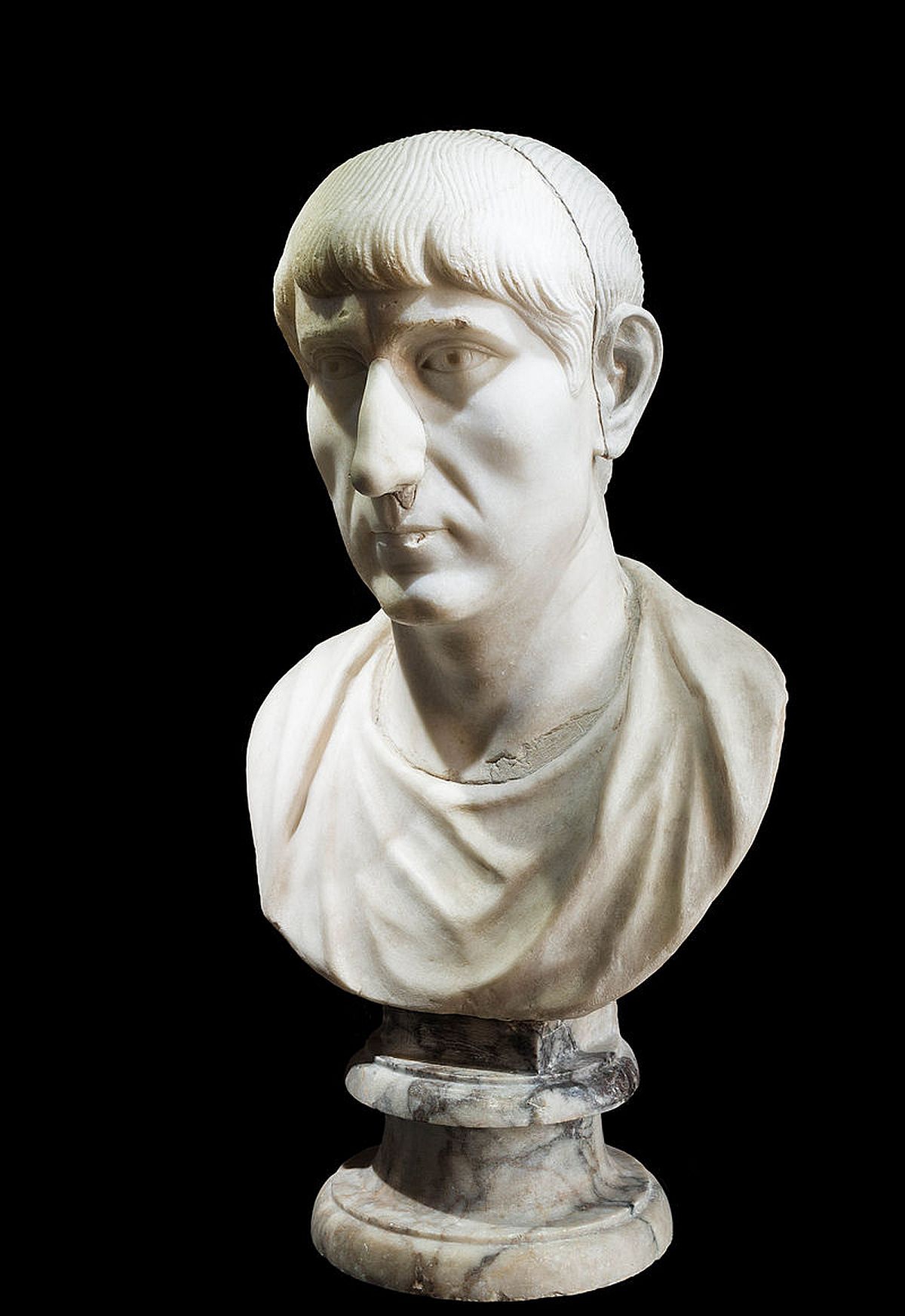



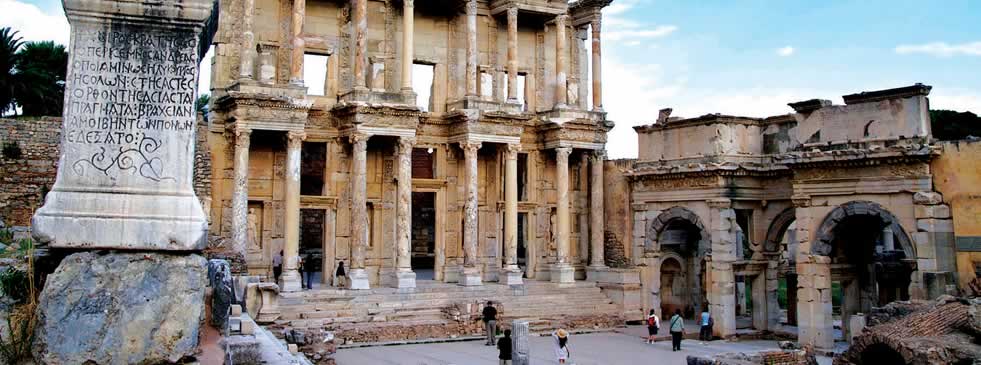



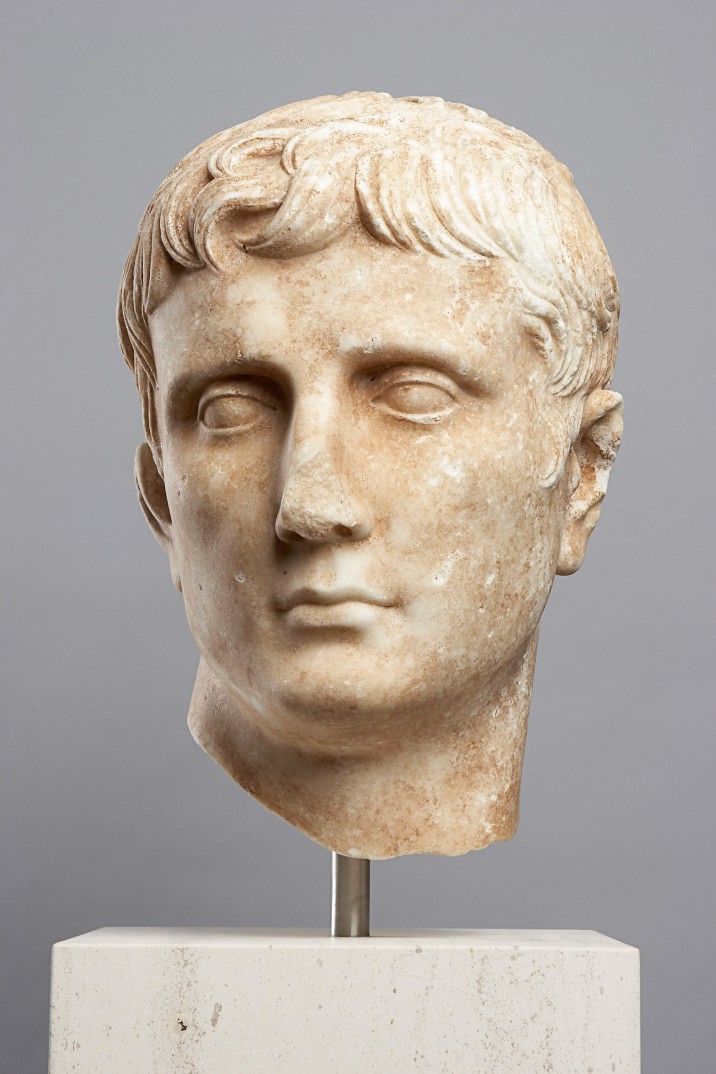

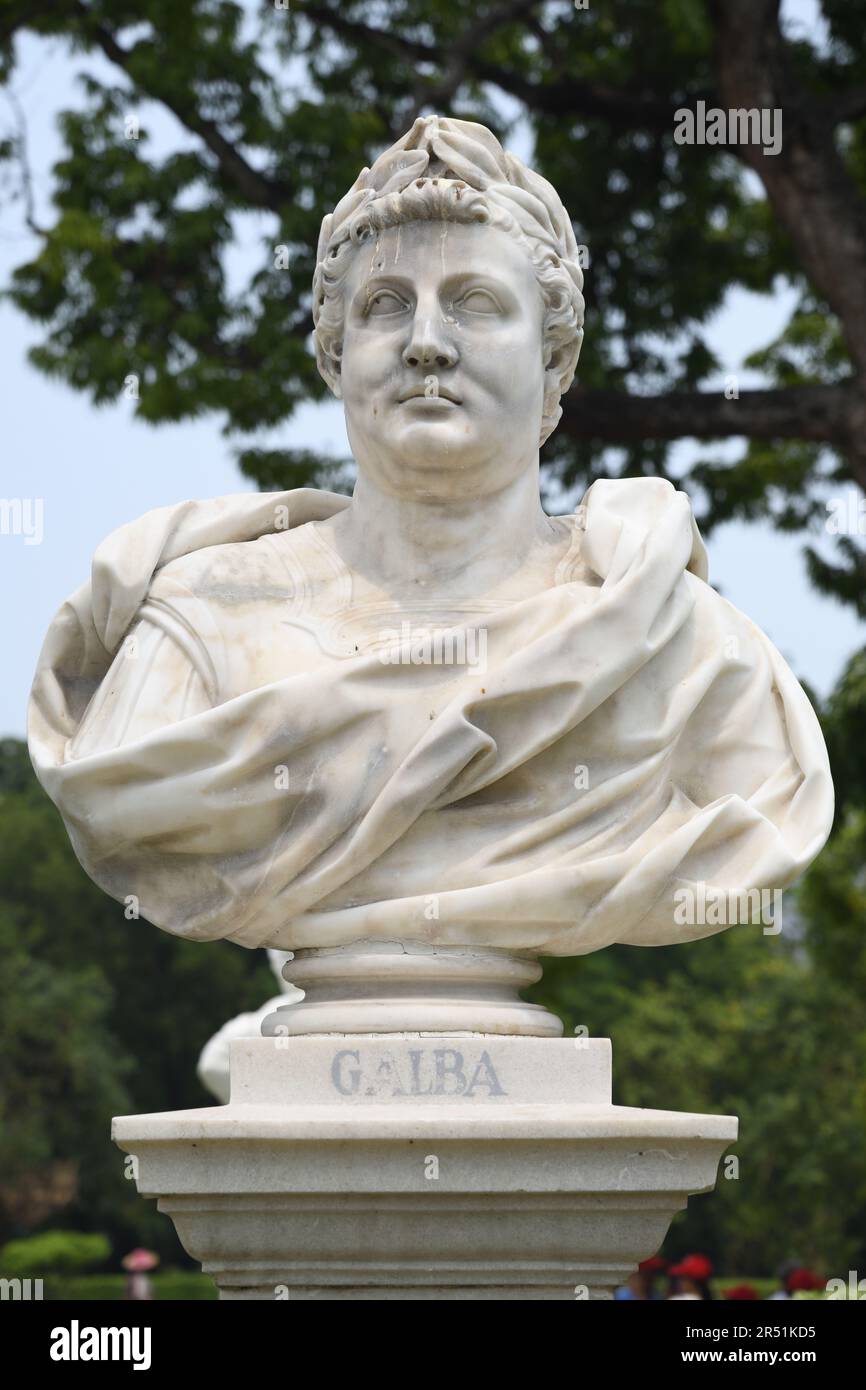
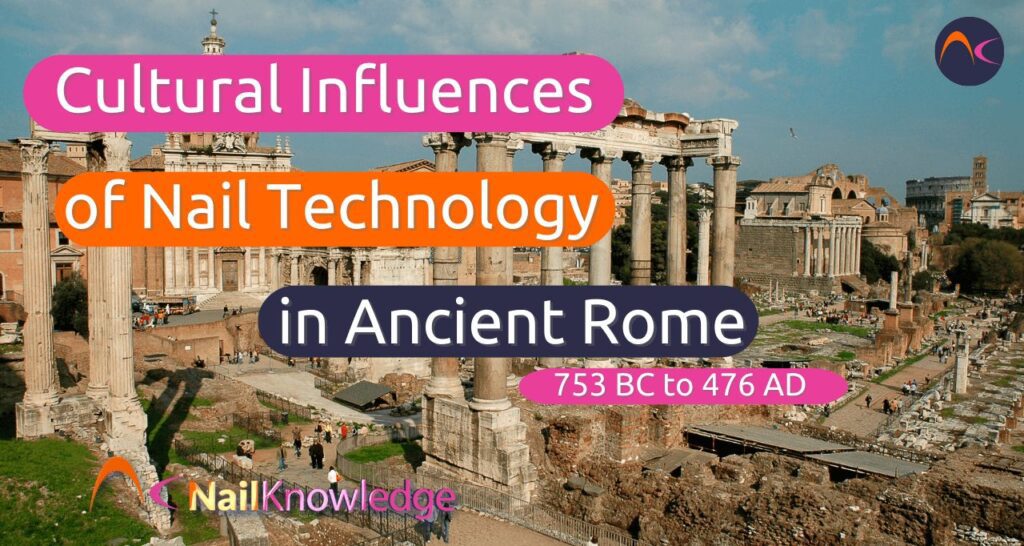
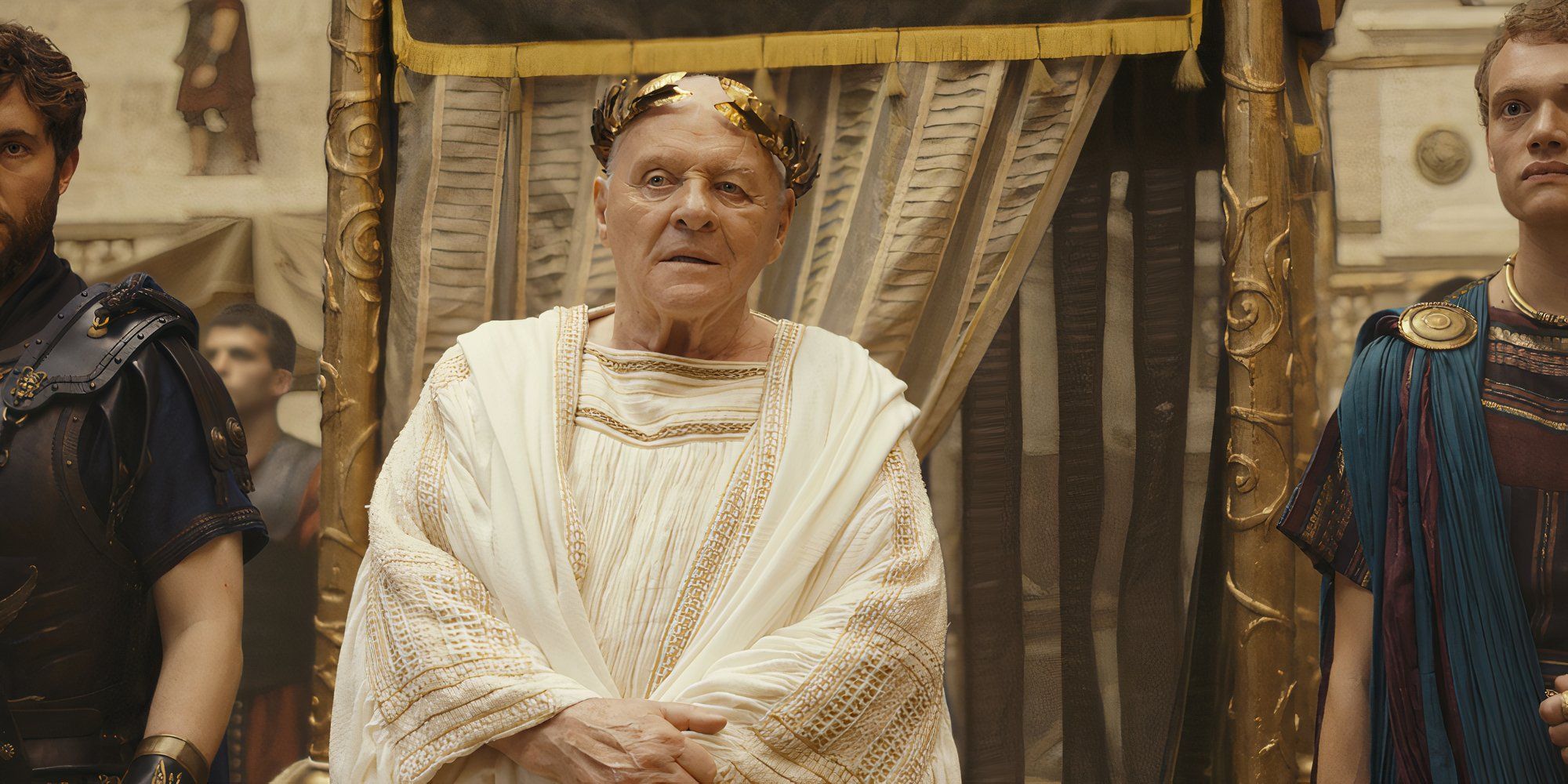

:focal(1134x648:1135x649)/https://tf-cmsv2-smithsonianmag-media.s3.amazonaws.com/filer_public/49/26/4926c5f7-b1c9-4b5c-842c-cfe6cdb13a1d/panoramica_1.jpg)
Comments